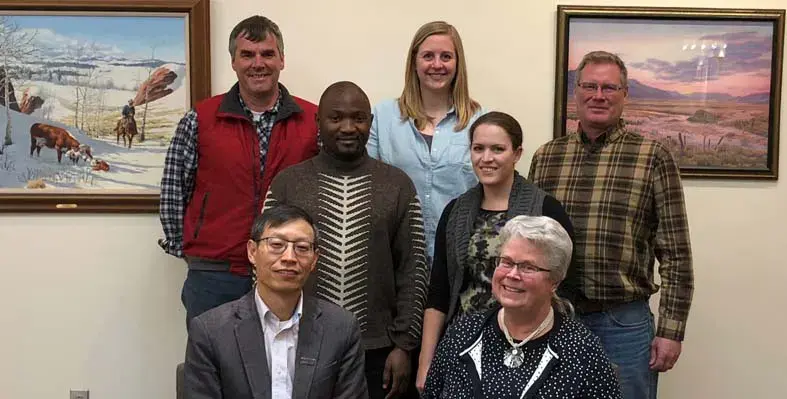Scientists at Iowa State, the University of California-Davis and livestock research institutions in Kenya, Ghana and Tanzania have undertaken a 10-year project to enhance African poulry production
Outbreak of diseases like the Newcastle Disease Virus (NDV) is seen as a serious threat to production. Despite the availability of vaccines and biosecurity measures, it would be difficult to practically implement these programmes in countries like Africa where chickens are likely to be present in small numbers and scattered around. Warm temperatures also increase the susceptibility of these birds to infection.
In order to effectively address these issues, a large, multidisciplinary initiative was undertaken by the Feed the Future Innovation Lab for Genomics to Improve Poultry, with their findings summarised in a recent paper published in the World’s Poultry Science Journal.
The project adopted a number of unique approaches which included the development of a series of focus groups to understand the priorities of smallholder poultry farmers and the interventions they would find suitable. Scientists also studied birds exposed to disease in natural situations, rather than in more controlled experimental environments.
Results showed that a regional breed, indigenous to the Fayoum region of Egypt was nore resistant to infection fom pathogens and to heat compared to a commercial Leghorn line derived from chickens in the US. Several genes were also identified as important candidates due to their influence on NDV viral replication. Researchers were also able to learn about the genetics of NDV and the strains prevalent in the various poultry-producing regions studied. This information is likely to help in the development of more effective methods to fight disease in the future.





